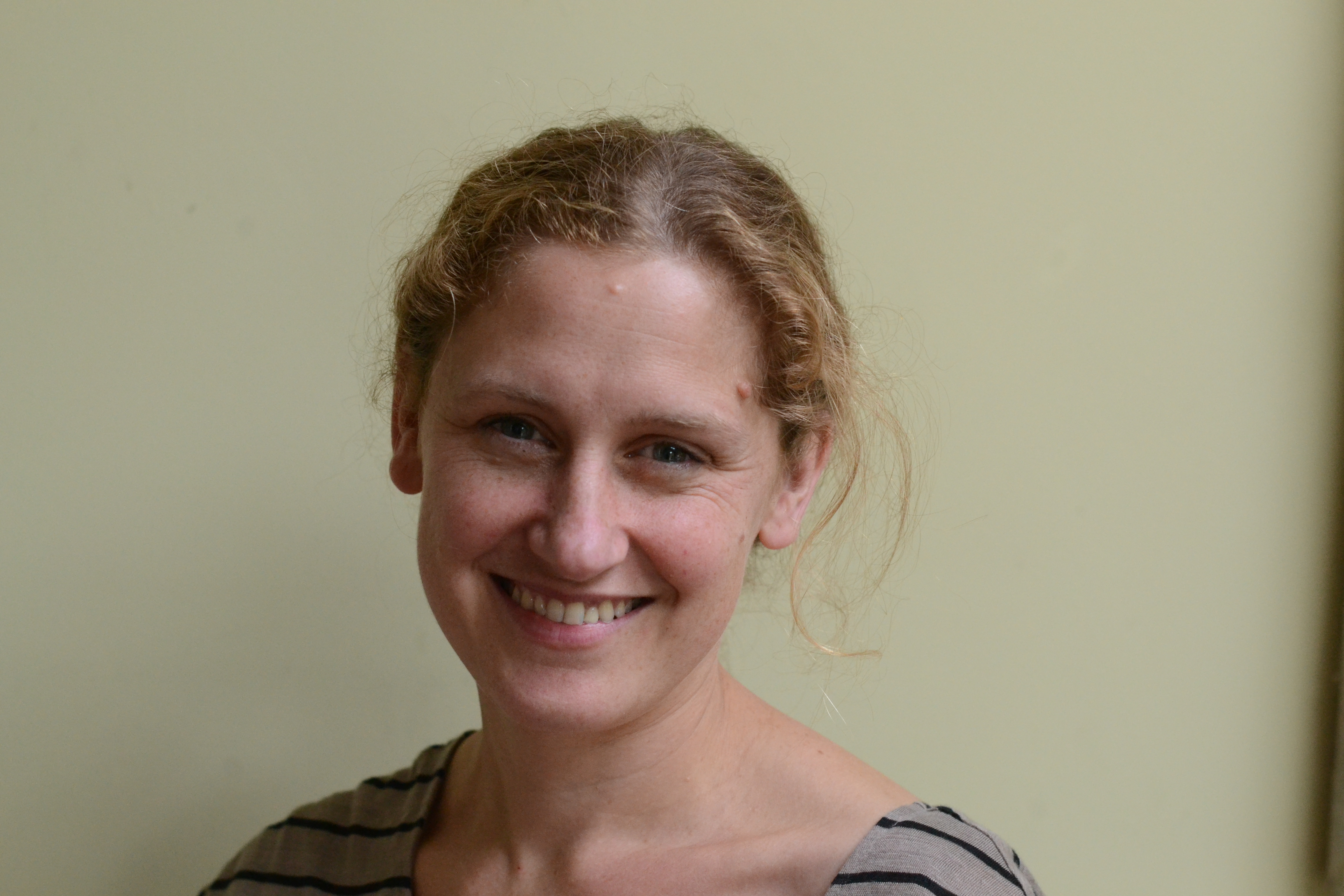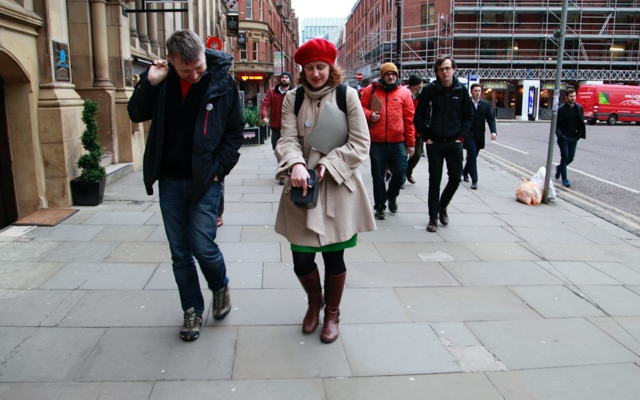 Interview with ASA Secretary,
Hannah Knox
Interview with ASA Secretary,
Hannah Knox
What are you working on at the moment?
At the moment I am involved in various research projects based in the UK all looking in slightly different ways at the possibilities and pitfalls of approaching the climate crisis through the use of data. Data has a crucial role to play in understanding and confronting climate change, but it is also very loaded, carrying with it histories of control, power and colonialism, the aura of expertise, a sense of abstraction from the everyday and the potential alienation of those not skilled or credentialled to access many of the kinds of data that have the most political purchase. I am currently working on three small collaborative research projects that are not just studying data practices, but trying to critically design ways of using energy and environmental data so as to better serve the needs of communities who might otherwise be under-represented in discussions about climate change and energy.
Who are you collaborating with in this collaborative research, and what is your role?
In these projects I am working with a range of people, from community energy activists, to policy officers, urban planners, community participants, and academics working in computer science and data analysis. My role in these projects is slightly different in each one, but in general it is to pay attention to the voices, perspectives and relationships that shape and frame the conditions of the design process – so that is both designers themselves, the people they are trying to design for and those who are informing the contextual space within which the design is happening. Through careful documentation and description, I try to bring both an analytical and reflexive register to the projects – something that those involved in them often do not have time to do themselves. I have also found that there is a role for ethnographic description to be a form of more immediate communication about ongoing project findings – through blog posts, scripts, performances or podcasts. This is something I’ve found very rewarding and hope to do more of in the future.
Link to Blog post:
carbon.coop/2019/12/power-in-the-city-a-walk-through-manchesters-electric-past/

What’s your role on the ASA committee and why did you decide to volunteer some of your time to the association?
I was initially invited on the committee as media officer, but moved over to the role of secretary to take over from a committee member who had to leave at short notice. I was initially interested in joining the committee because of a concern about the ongoing challenge of how to raise the public profile of anthropology in the UK. It’s such a rich and fascinating discipline but completely under-represented in the public domain. Since joining the committee I’ve become increasingly passionate about the important role a professional association like the ASA can play in representing the interests and concerns of social anthropologists. The ASA offers a unique space for us to discuss not only our own individual research, but also the everyday work of what it means to be an anthropologist: from questions of ethics, to how we teach, where we can and do work, and how to create a solid ground for future generations of anthropologists to build on and take in their own direction.

